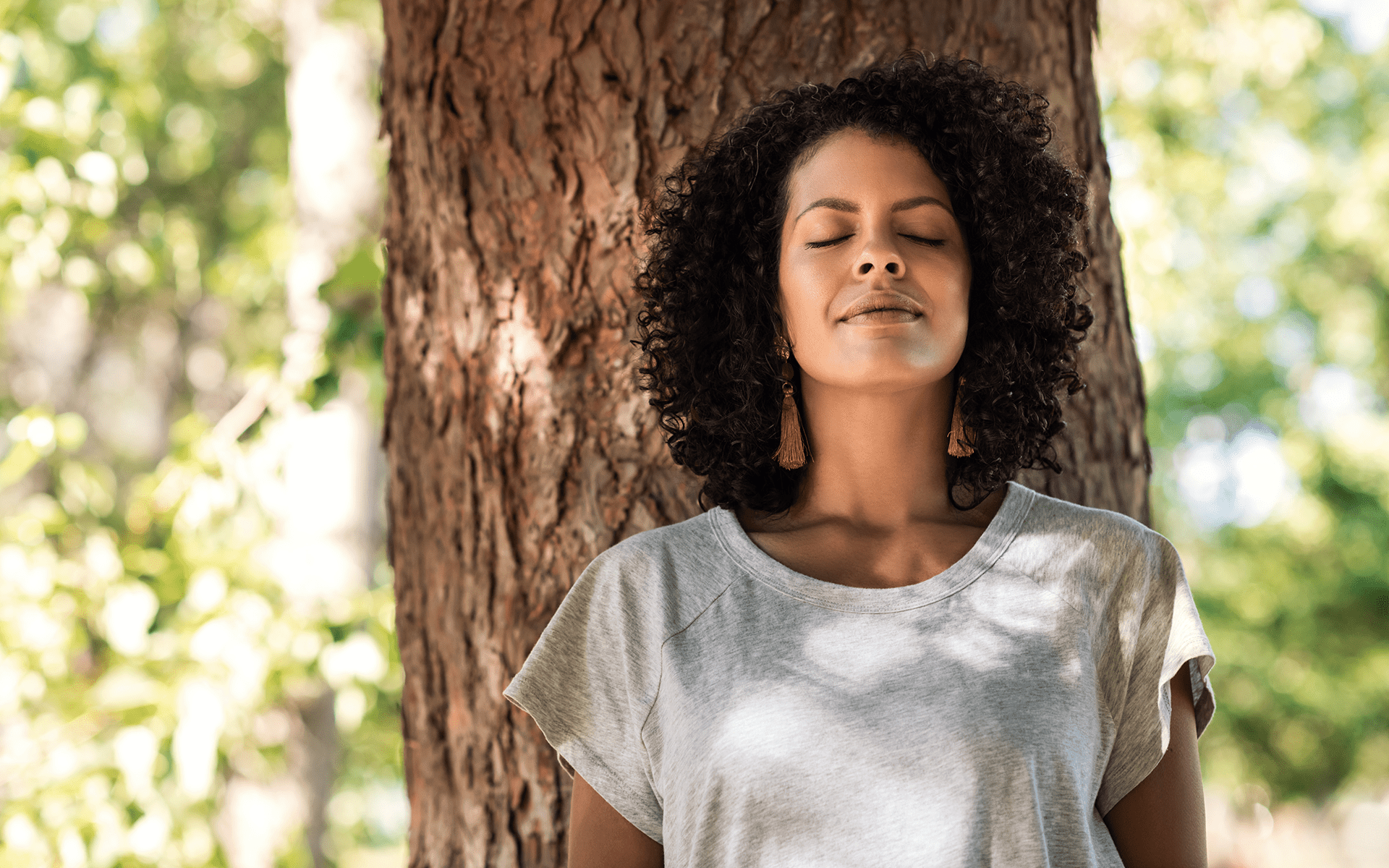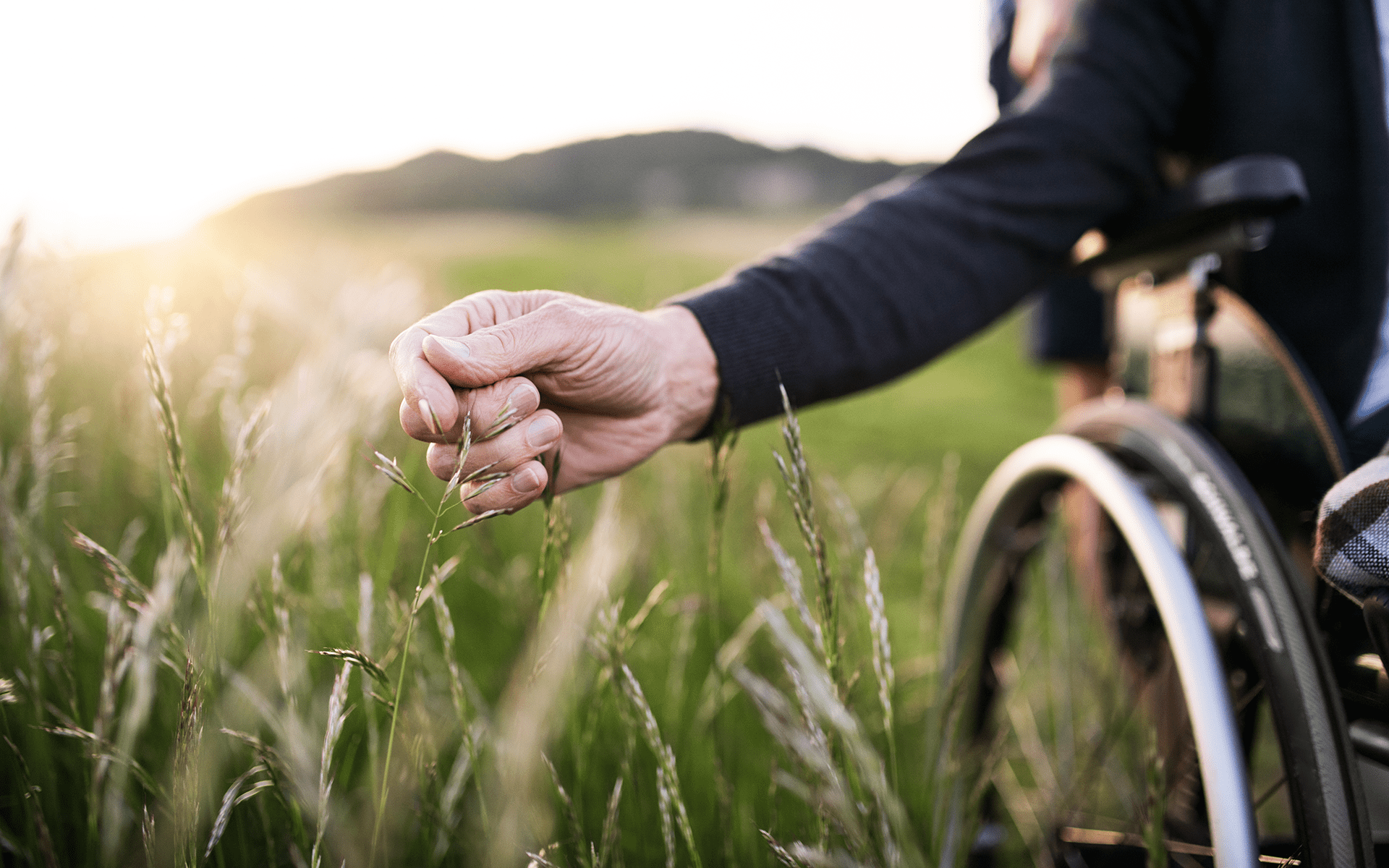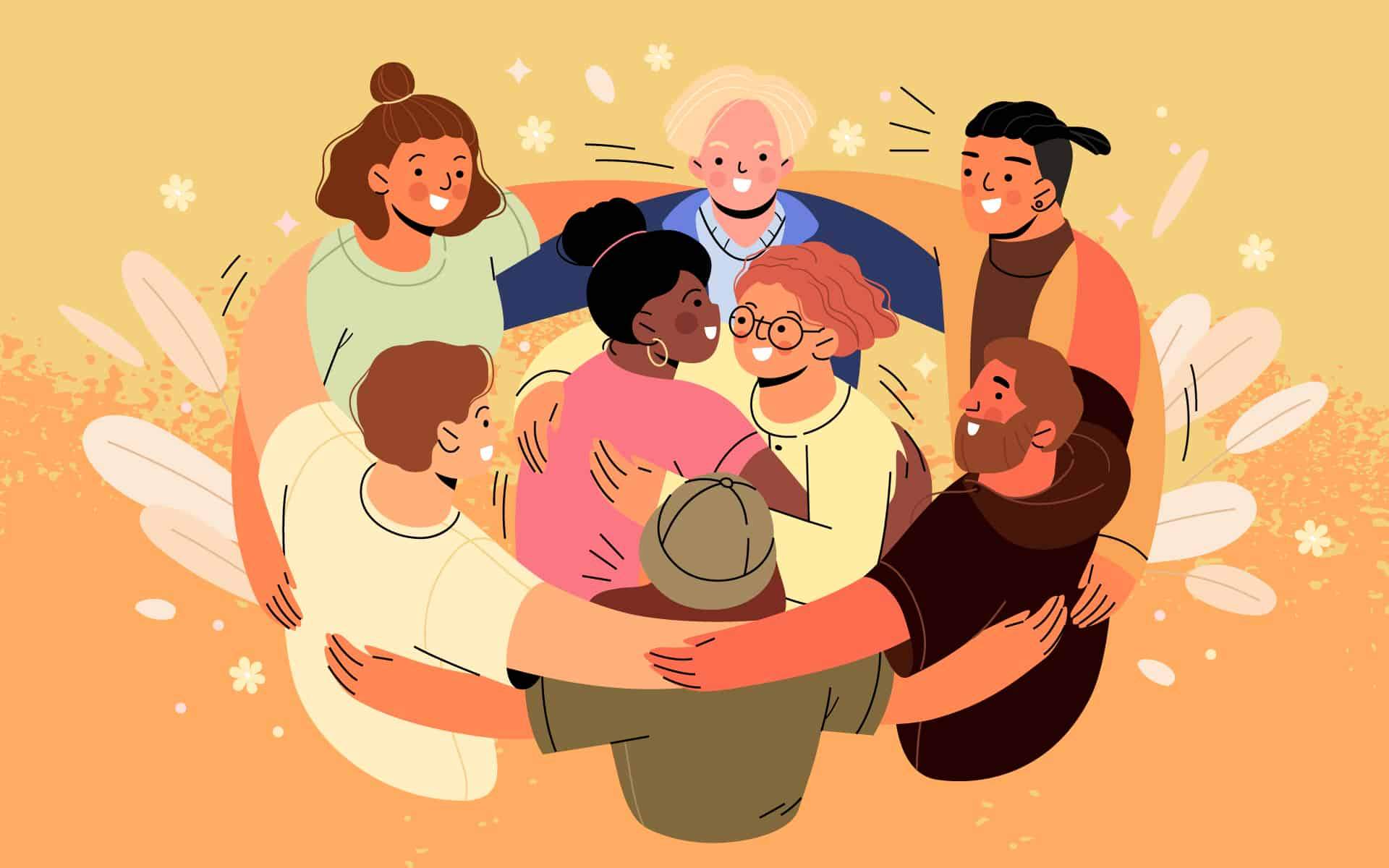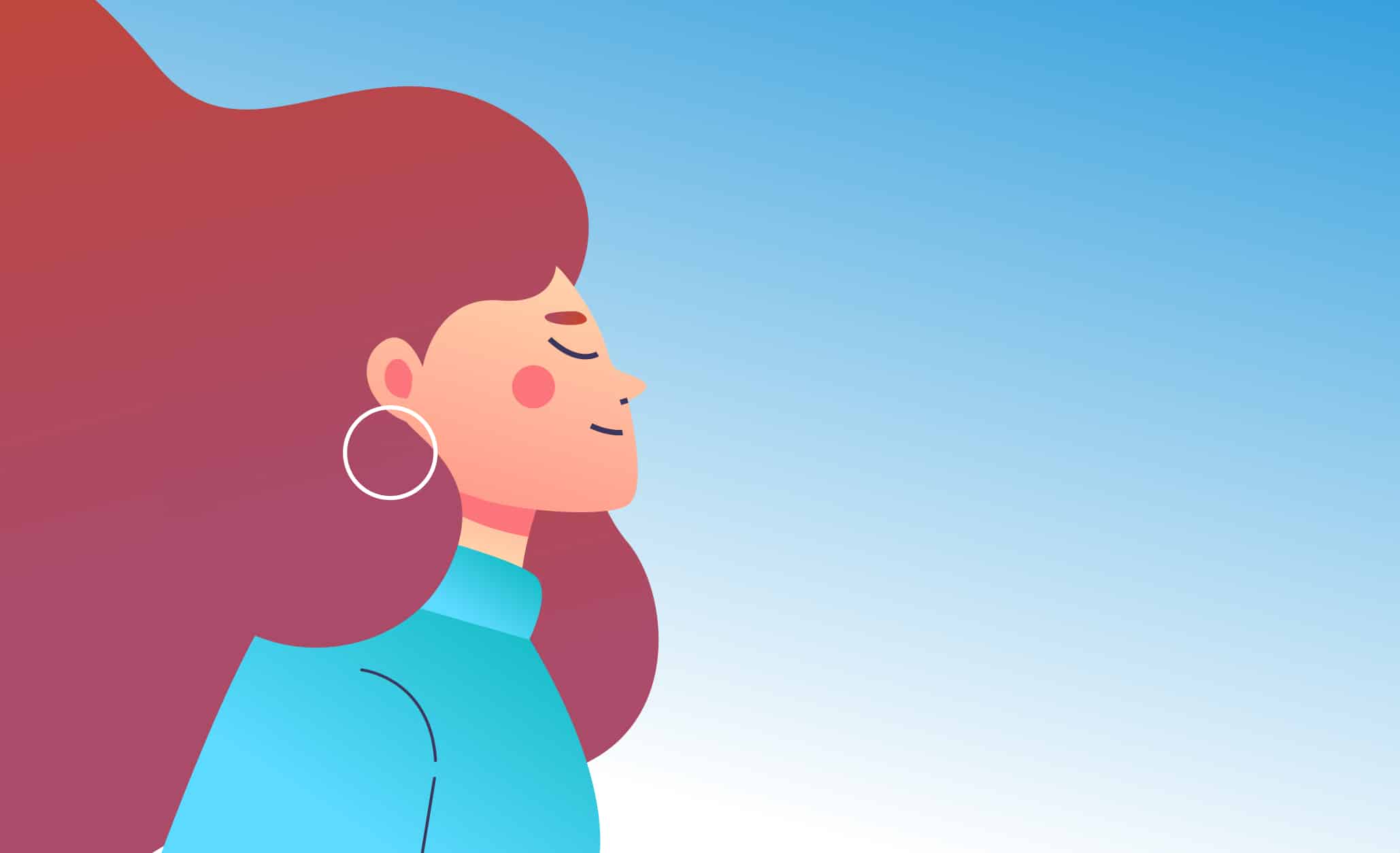The best way to get the brain to change it seems is through engaging novelty. Kids are doing it like crazy, everything is new. I remember when my oldest was born and we’d walk around the neighborhood. I’d grab a leaf on a tree and say, “See this, this is a leaf. Look closely at the shape and see how it has veins.” In the process I was interacting with life as if for the first time and it inspired wonder and joy within me. I tapped into something important and I knew it.
In the now famous book Tuesdays with Morrie, Morrie points us in the direction of happiness:
“So many people walk around with a meaningless life. They seem half-asleep, even when they’re busy doing things they think are important. This is because they’re chasing the wrong things. The way you get meaning into your life is to devote yourself to loving others, devote yourself to your community around you, and devote yourself to creating something that gives you purpose and meaning.”
Is it possible to choose joy in life?
Can we learn to get better at stepping into that space between stimulus and response and see the choices to uncover happiness?
It turns out that science is showing us that we all have natural anti-depressants within us that we can identify and with intention and attention, learn how to grow. We know the mind can influence the brain and in this way we can nurture an anti-depressant brain. Understanding the science behind this led me to put it all together in an upcoming book that I’m excited to share with you in a few months: Uncovering Happiness: Overcoming Depression with Mindfulness and Self-Compassion (January, 2015).
The Vietnamese Buddhist Monk, Thich Nhat Hanh, is famous for inspiring us to ask the question, “What seeds are we watering?” If we want to water anger, resentment and fear, that is the garden we will get. But like Morrie, can we look into our lives to find what is meaningful, love others and find connection in community? Can we incline our minds toward gratitude, generosity, and love? What would happen if we watered these seeds more often? How would life’s garden look then?
This is not meant to be Pollyanna, we don’t want to ignore life’s difficulties, but instead learn from them. Many of our minds spend too much time circling the bad neighborhoods and could use some wise effort in the direction of healthier mind states.
If the children are our future, we also need to pay attention to the parents. If you’re a parent, it’s your duty to live as if it mattered; do it for the kids.
Time is so precious and fleeting. In this moment there’s a space to consider, do you want to get out into nature more? Do you want to downsize and live simpler? Do you want to spend more time with your kids? Do you want to kick your phone compulsion and read more or go dancing? Do you simply want to play more but have just forgotten how to do so?
As Mary Oliver said, “Tell me, what is it you plan to do with your one wild and precious life?
Adapted from Mindfulness & Psychotherapy







